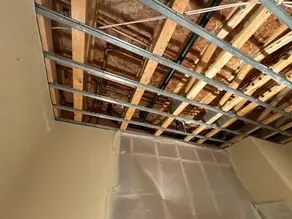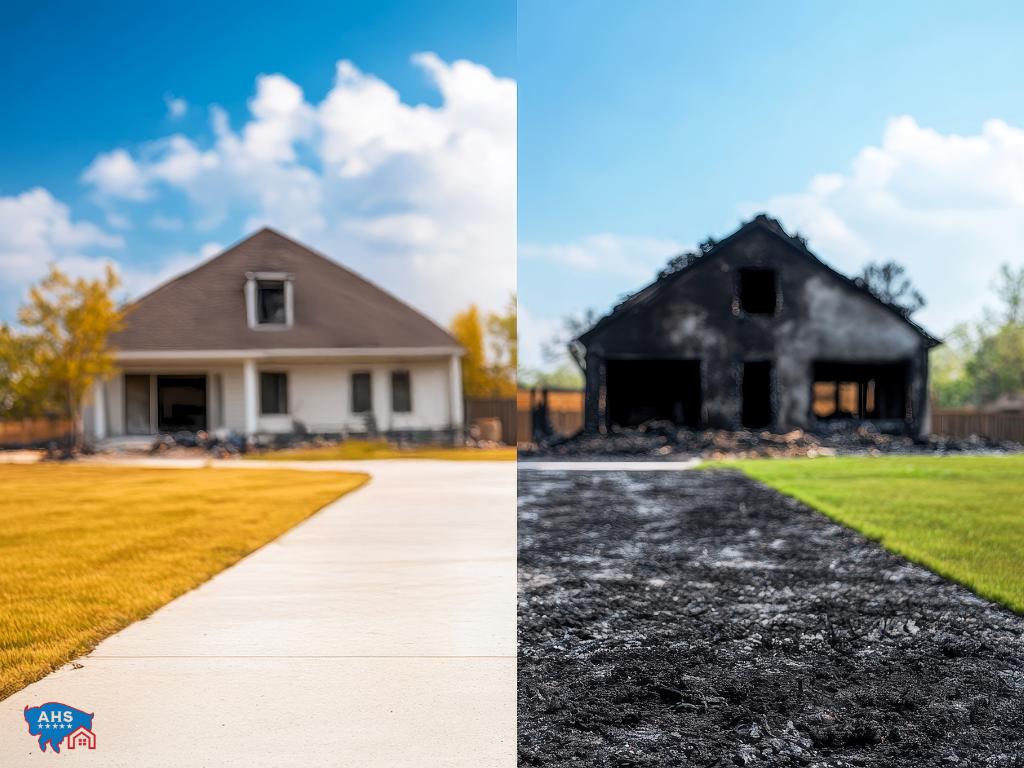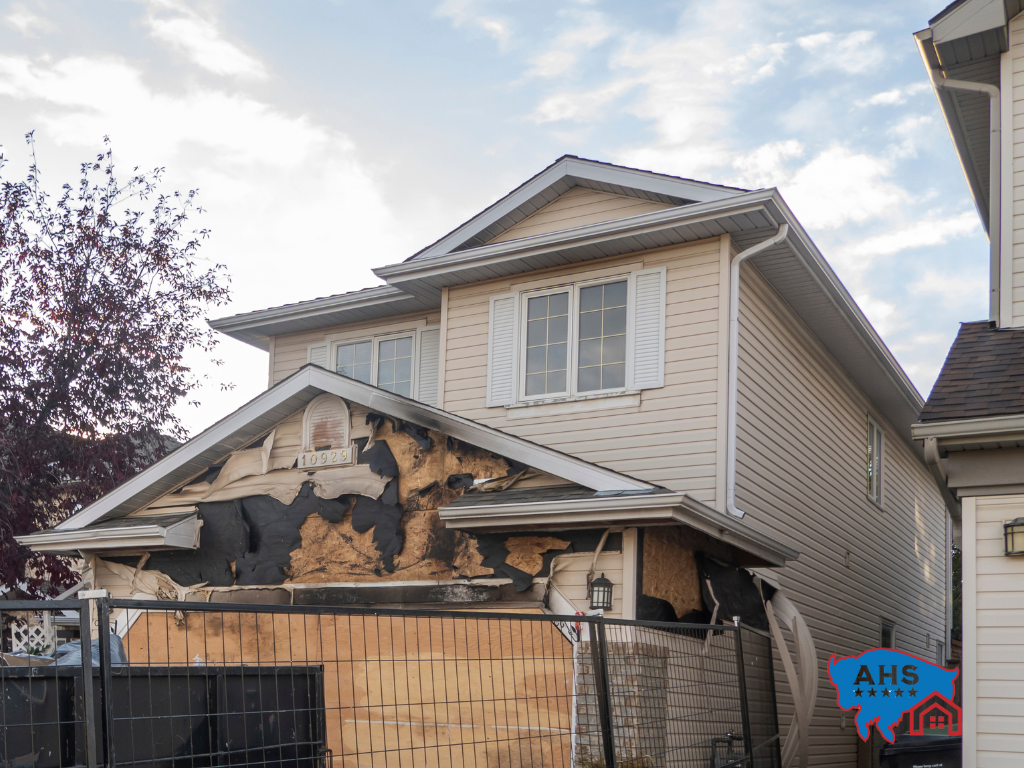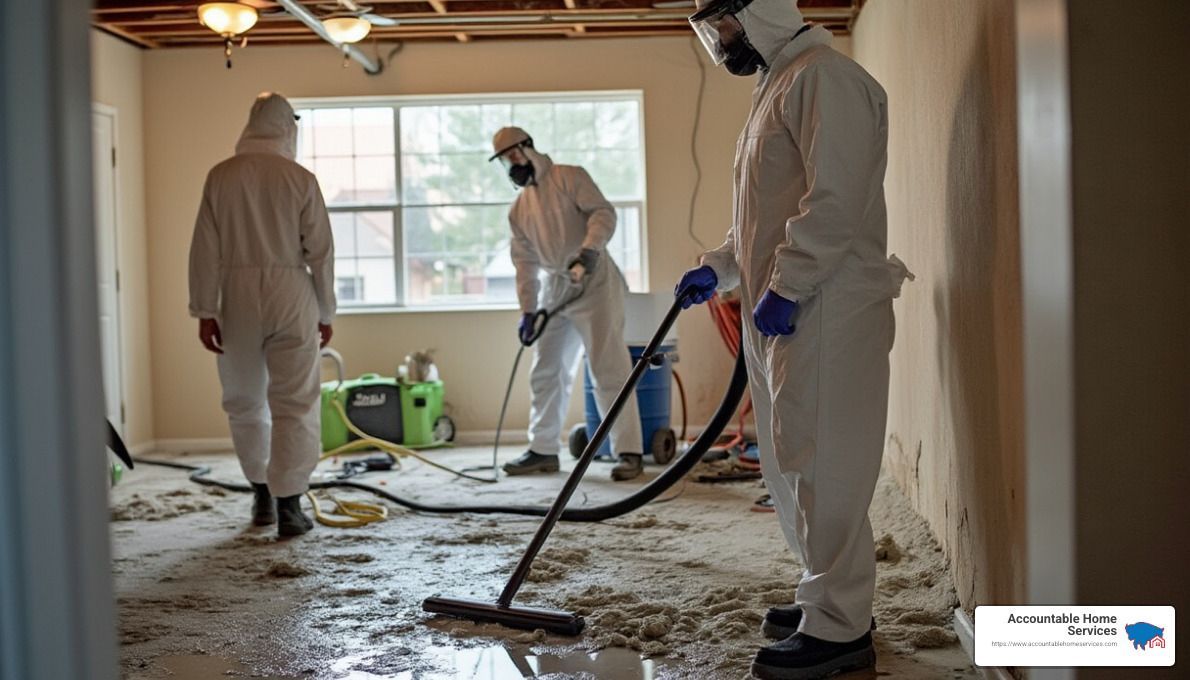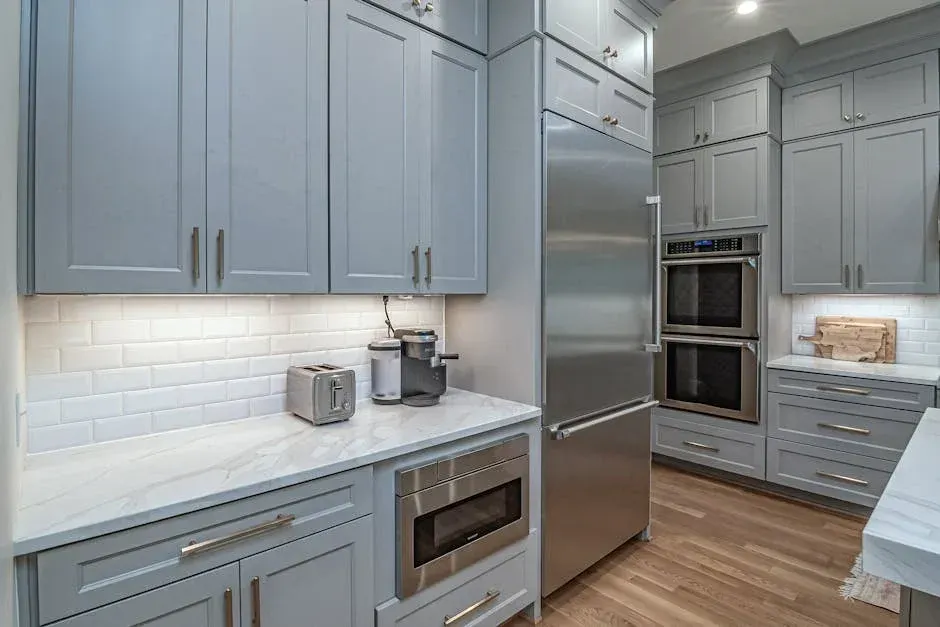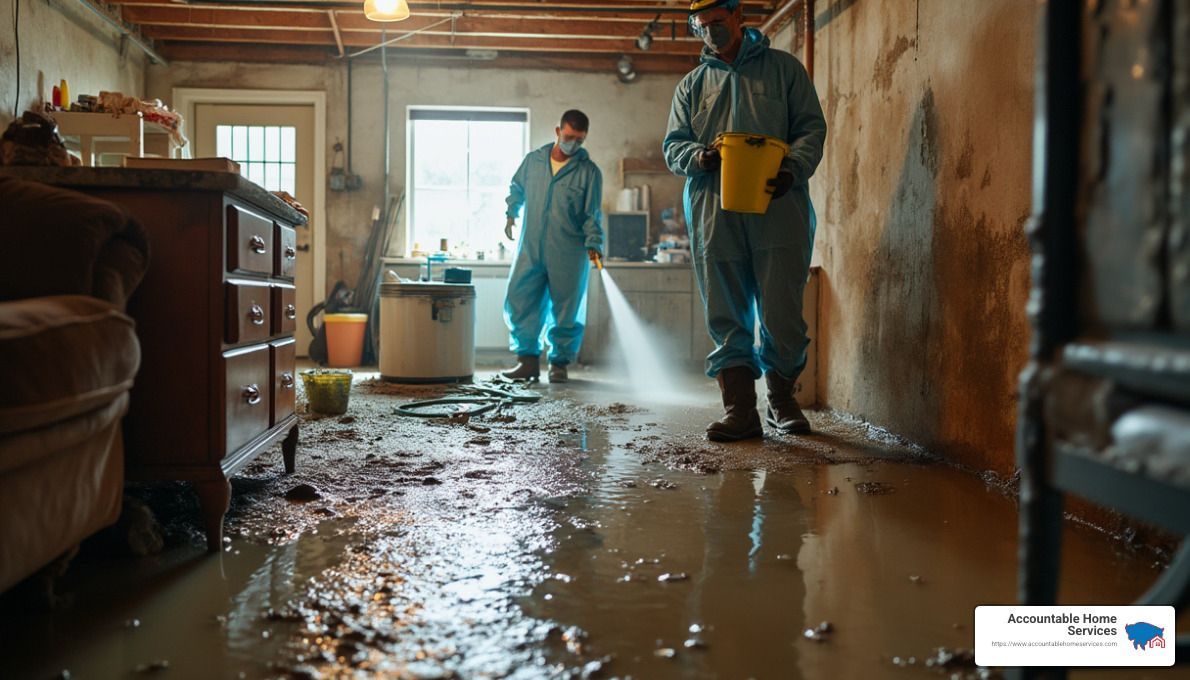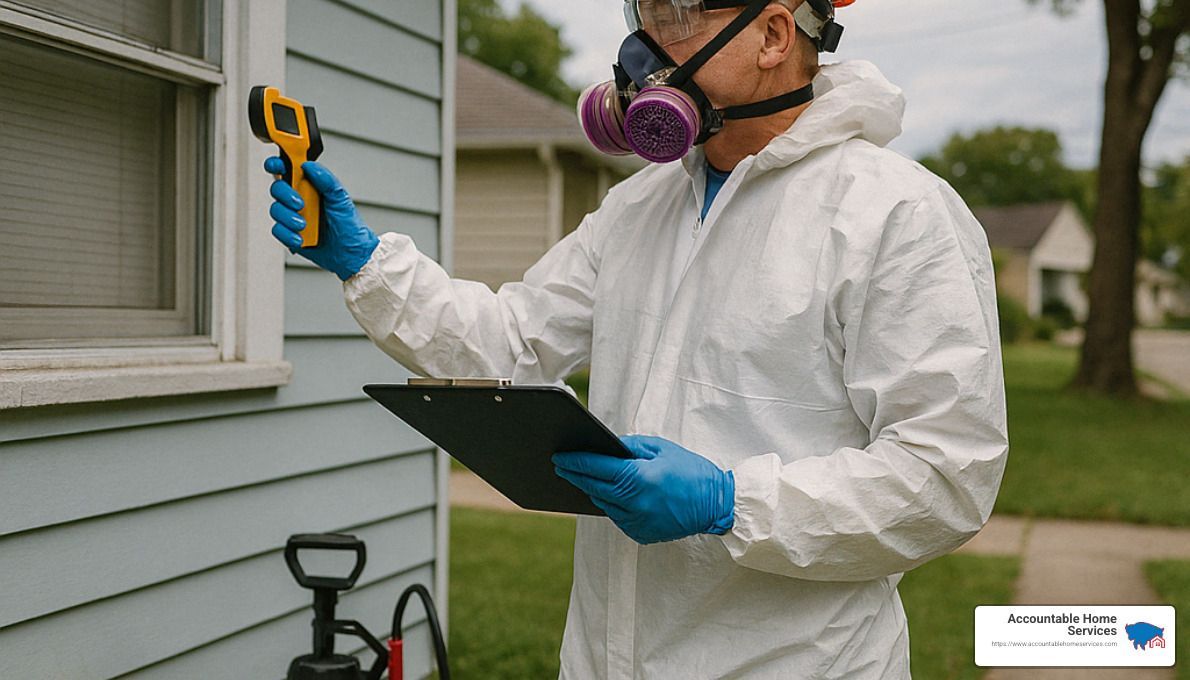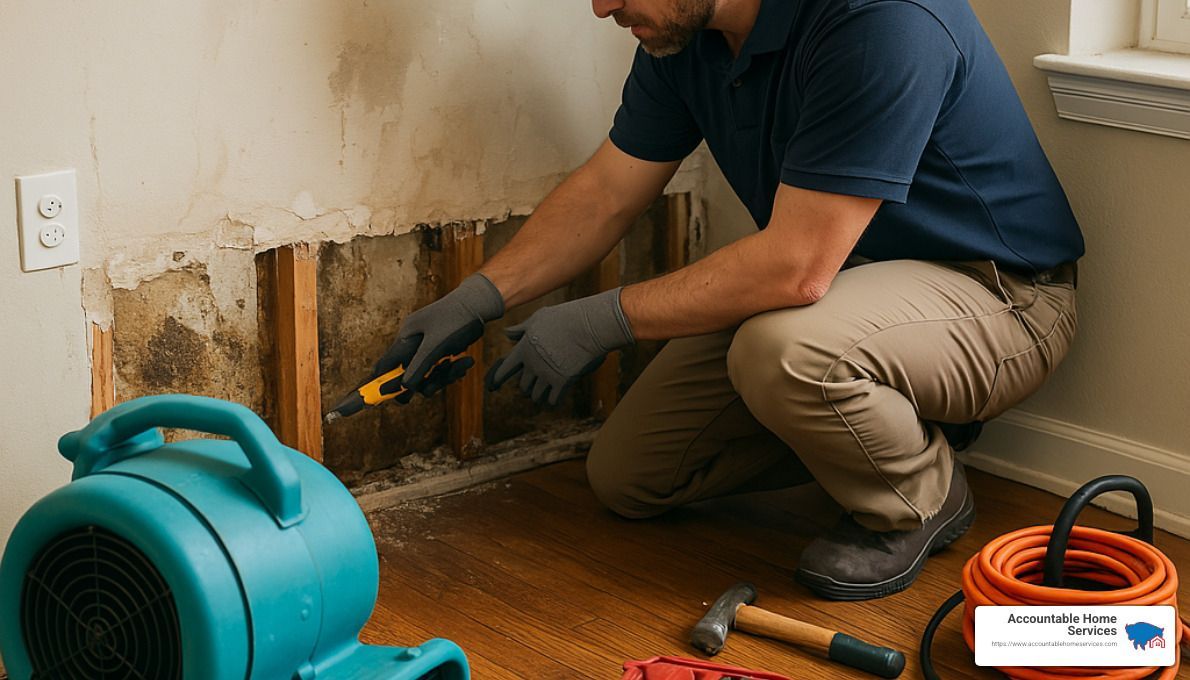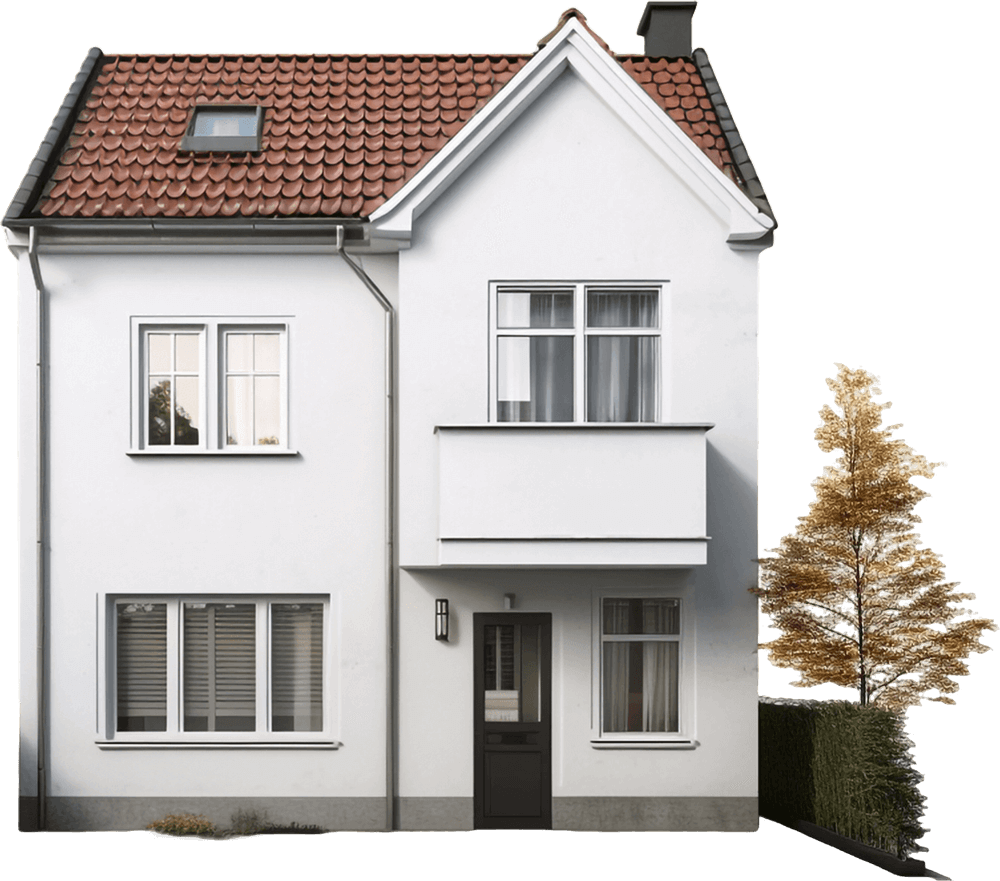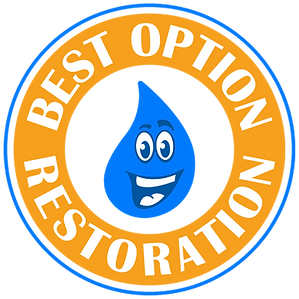Blog
Achieving the dream of a cozy, cost-effective, and environmentally friendly home is possible with home energy efficiency upgrades. In an era where energy bills are soaring and environmental concerns are at an all-time high, these upgrades not only help save money but also protect our environment. Here's a quick look at key Home energy efficiency upgrades you should consider:
- Seal air leaks and improve insulation.
- Upgrade to ENERGY STAR windows.
- Install a smart thermostat.
- Convert to a heat pump water heater.
- Use energy-efficient lighting and appliances.
- Incorporate renewable energy like solar panels.
In Denver, where climate conditions can be harsh, these upgrades can make a significant difference in how comfortably and efficiently your home operates. As the owner of Accountable Home Services, I've seen the tremendous impact that these Home energy efficiency upgrades can have. My team and I bring decades of experience in helping Denver homeowners improve their living spaces through strategic, sustainable improvements.
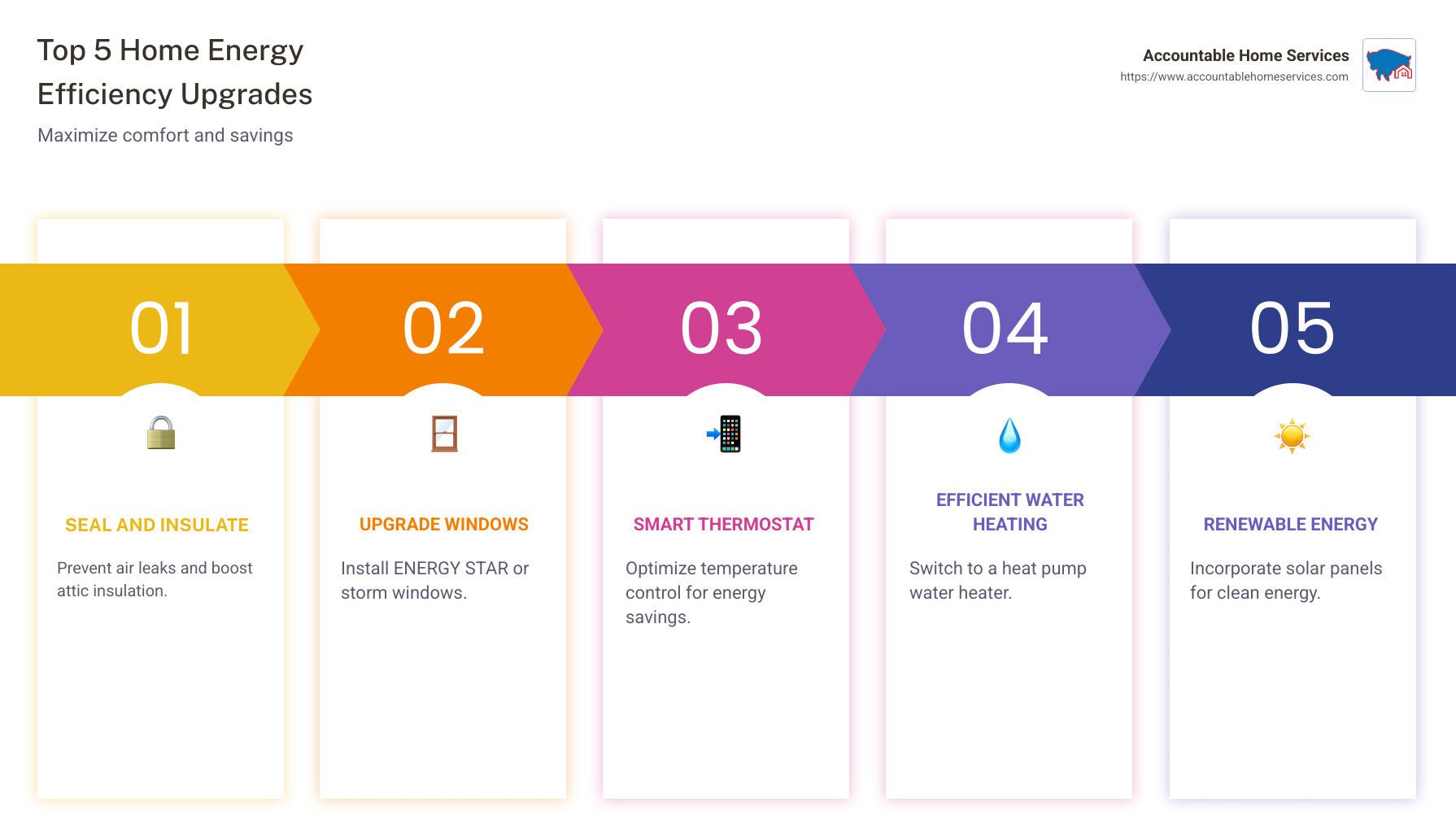
Start with an Energy Evaluation
Before diving into home energy efficiency upgrades, it's crucial to understand where your home currently stands in terms of energy use. This is where an energy audit comes into play. Think of it as a health check-up for your house, identifying areas where energy is wasted and where improvements can be made.
Energy Audit: The First Step to Efficiency
An energy audit involves a thorough home assessment to pinpoint energy inefficiencies. A certified home energy auditor will conduct a detailed inspection, providing a written report that highlights the most significant and cost-effective improvements for your home. This report can also estimate potential energy and cost savings, helping you prioritize which upgrades to tackle first.
The Role of Infrared Cameras
One of the tools often used during an energy audit is an infrared camera. This device is a game-changer in detecting hidden issues like air leaks, poor insulation, or moisture build-up. By capturing infrared radiation, these cameras reveal temperature variations in your home, which can indicate where energy is being lost. This non-invasive method allows for a swift and accurate assessment, ensuring that you can address problem areas without unnecessary delays.
Benefits of Conducting an Energy Audit
- Identify Hidden Issues: Find problems like air leaks and insufficient insulation that might not be visible to the naked eye.
- Maximize Savings: By targeting specific areas for improvement, you can significantly reduce your energy bills.
- Boost Comfort: Addressing energy inefficiencies can lead to a more comfortable home environment, especially in Denver's variable climate.
- Qualify for Tax Credits: A home energy audit might qualify for a tax credit, making it a financially savvy move.
Incorporating an energy audit into your home improvement plan is a wise first step toward achieving a more energy-efficient home. By understanding your home's unique needs, you can make informed decisions about which home energy efficiency upgrades will offer the greatest benefits.
Home Energy Efficiency Upgrades
Once your energy audit is complete, it's time to dive into specific home energy efficiency upgrades. These upgrades will not only lower your energy bills but also make your home more comfortable and eco-friendly.
Seal and Insulate
The first step in improving your home's energy efficiency is to seal air leaks and add attic insulation. Air leaks can occur around windows, doors, and other openings, allowing warm air to escape in the winter and cool air to leak out in the summer. By sealing these leaks, you can keep your home's temperature more stable.
Adding insulation, especially in the attic, is another crucial step. Proper insulation acts as a barrier to heat loss, keeping your home warmer in the winter and cooler in the summer. According to ENERGY STAR, sealing and insulating your home can save up to 10% on your annual energy bills. Investing in professional air sealing and insulation will not only improve your home's comfort but also increase its value.
Upgrade Windows
Old, drafty windows can be a significant source of energy loss. Upgrading to ENERGY STAR windows can help reduce your energy bills by an average of 12%. These windows are designed to keep heat in during the winter and out during the summer, thanks to features like low-emissivity (Low-E) coatings and gas fills like argon or krypton.
If full window replacement isn't feasible, consider adding storm windows. These can improve insulation and protect your home from harsh weather, making them a cost-effective alternative.
Smart Thermostat
A smart thermostat is a simple yet powerful tool for managing your home's temperature. These devices learn your schedule and preferences, automatically adjusting the temperature to save energy when you're not home. With nearly half of a home's energy consumption going to heating and cooling, a smart thermostat can lead to significant savings.
By investing in these home energy efficiency upgrades, you're not just cutting down on energy costs—you're also creating a more comfortable and sustainable living environment. The right improvements can increase your home's market value and make it more appealing to potential buyers.
Clean Heating and Cooling Solutions
When it comes to keeping your home comfortable year-round, clean heating and cooling solutions are key. Upgrading your HVAC system and considering alternatives like heat pumps can make a big difference in both comfort and energy savings.
Heat Pump
A heat pump is a versatile and efficient solution for both heating and cooling your home. Unlike traditional systems that generate heat, heat pumps move heat from one place to another. In the summer, they move warm air out of your home, keeping it cool. In the winter, they bring heat from outside into your home—even in freezing temperatures.
Heat pumps use about one-third of the energy of traditional HVAC systems. This makes them an attractive option for homeowners looking to reduce their energy bills. Plus, if you switch from heating oil to an electric heat pump, you could see significant savings and a smaller carbon footprint. Many homeowners find that modern, energy-efficient systems like heat pumps increase their home's marketability.
HVAC Upgrade
If your existing HVAC system is old or not working efficiently, it might be time for an upgrade. Newer models with the ENERGY STAR label are designed to be more energy-efficient, saving you money on your utility bills. Replacing an outdated HVAC system can also improve your home's comfort and air quality.
An upgraded HVAC system is not just about energy savings. It also plays a crucial role in maintaining good indoor air quality. Proper ventilation reduces pollutants and allergens, making your home a healthier place to live. Regular maintenance of your HVAC system ensures it runs efficiently and lasts longer.
Ventilation Systems
Good ventilation is essential for a healthy home environment. It involves bringing in fresh air from the outside and removing stale air from the inside. This process helps reduce moisture, odors, and pollutants, improving indoor air quality.
Upgrading your ventilation system can help ensure that your home is well-ventilated. Consider systems that include heat recovery ventilators (HRVs) or energy recovery ventilators (ERVs). These systems exchange stale indoor air with fresh outdoor air while recovering heat, making them energy-efficient.
By focusing on clean heating and cooling solutions, you can create a more comfortable and energy-efficient home. These upgrades not only reduce your energy bills but also improve your home's overall value and appeal.
Next, we'll explore how you can save water and energy with efficient water heating and conservation solutions.
Water Heating and Conservation
When it comes to home energy efficiency upgrades, water heating and conservation are key areas to focus on. Efficient water heaters and low-flow fixtures can save you money and reduce your environmental impact.
Efficient Water Heater
Water heating accounts for nearly 20% of the average home's energy use. By upgrading to an efficient water heater, you can significantly cut down on energy costs. Heat pump water heaters are a great choice because they use electricity to move heat from one place to another instead of generating heat directly. This makes them two to three times more energy-efficient than conventional electric resistance water heaters.
A heat pump water heater could qualify for tax credits and rebates, making it a smart investment. Plus, installing one might make you eligible for a Home Electrification and Appliance Rebate, which offers financial incentives for energy-efficient upgrades.
Low-Flow Fixtures
Installing low-flow fixtures is a simple yet effective way to conserve water in your home. These fixtures, like showerheads and faucets, reduce water flow without sacrificing performance. By using less water, you also save on the energy needed to heat the water, which translates to lower utility bills.
Low-flow fixtures are designed to use significantly less water than standard fixtures. For instance, a low-flow showerhead uses about 2 gallons of water per minute, compared to the standard 2.5 gallons. That may not sound like much, but the savings add up over time.
Water Savings
By combining an efficient water heater with low-flow fixtures, you can achieve substantial water savings. This approach not only reduces your water bills but also helps conserve a precious resource. According to the EPA, the average family can save 700 gallons of water per year by replacing old fixtures with WaterSense labeled models.
These water-saving strategies contribute to a more sustainable home. They align with the growing trend of energy-efficient and environmentally friendly living, which is becoming increasingly important to homeowners and buyers alike.
By focusing on efficient water heating and conservation, you can make your home more energy-efficient, reduce your utility bills, and contribute to a more sustainable future.
Next, we'll look at how to prepare your home for an all-electric future with electric-ready upgrades.
Electric Ready Homes
As we move towards a greener future, preparing your home for electric appliances and vehicles is a smart step. Home energy efficiency upgrades aren't just about saving money today—they're about future-proofing your home for tomorrow.
Electric Appliances
Switching to electric appliances can significantly reduce your home's carbon footprint. Modern electric appliances are designed to be energy-efficient, offering substantial savings on your utility bills. For instance, induction cooktops use electromagnetic energy to heat pots and pans directly, wasting less energy than traditional gas stoves.
Electric appliances are not only environmentally friendly but also safer, as they eliminate the risks associated with gas leaks. Plus, they qualify for various rebates and tax incentives, making the transition more affordable.
EV Charger
With the rise in electric vehicles (EVs), installing an EV charger at home is becoming a necessity. An EV charger allows you to power your vehicle conveniently, saving you trips to public charging stations. This upgrade can also increase your home's appeal to potential buyers, as many are looking for homes that support their electric lifestyle.
Installing an EV charger is a straightforward process, but ensure your home's electrical system can handle the additional load. Consulting with a professional can help you determine the best setup for your needs.
Future-Proofing
Future-proofing your home means preparing it for the inevitable shift towards electrification. This involves upgrading your electrical panel to handle increased demand from electric appliances and EV chargers. It's also wise to consider installing solar panels, as they provide a renewable energy source that can power your home and reduce reliance on the grid.
By making your home electric-ready, you're not just keeping up with trends—you're investing in a sustainable and energy-efficient future. This approach aligns with the growing demand for eco-friendly homes and can significantly improve your property's value.
In the next section, we'll answer some frequently asked questions about home energy efficiency upgrades to help you make informed decisions.
Frequently Asked Questions about Home Energy Efficiency Upgrades
What is the $8000 energy credit?
The Home Efficiency Rebate offers up to $8,000 off projects that significantly reduce household energy use. This rebate is aimed at encouraging homeowners to invest in energy-efficient upgrades. To access this rebate, you can check the status of your locality's program through the Rebates portal. This credit can cover various energy improvements, including upgrading insulation, installing a heat pump, or switching to electric appliances. These upgrades not only make your home more energy-efficient but also prepare it for future electric needs.
How can I improve my home's energy efficiency?
Improving your home's energy efficiency starts with identifying areas that need upgrades. A home energy assessment can help pinpoint where you can save energy and lower utility bills. Professional improvements, such as sealing air leaks and adding insulation, are effective ways to improve your home's comfort and efficiency. Upgrading to a smart thermostat can also help by automatically adjusting temperatures for optimal savings. These steps not only make your home more comfortable but also increase its market value.
What are the best home energy efficiency upgrades?
Some of the most impactful home energy efficiency upgrades include:
- Insulation: Proper insulation in attics, walls, and floors reduces heating and cooling costs by preventing energy loss.
- Heat Pump: Installing an electric air-source heat pump can efficiently heat and cool your home, replacing less efficient systems.
- Solar Panels: Adding solar panels provides a renewable energy source, reducing reliance on the grid and lowering electricity bills. Solar installations can also increase your home's value, as buyers often seek homes with sustainable features.
By focusing on these upgrades, you can significantly improve your home's energy efficiency and enjoy long-term savings. These improvements not only benefit your wallet but also contribute to a more sustainable future.
Conclusion
In conclusion, investing in home energy efficiency upgrades is a smart choice for homeowners in Denver. Not only do these improvements lead to significant energy savings, but they also improve the comfort and value of your home. At Accountable Home Services, we understand the unique needs of Colorado homeowners and are committed to providing custom solutions that make a real difference.
Our team specializes in a wide range of energy-efficient upgrades, from sealing air leaks and adding insulation to installing state-of-the-art heat pumps and solar panels. We are dedicated to helping you reduce energy consumption, lower utility bills, and increase your home's market appeal.
Energy savings aren't just about cutting costs—they're about creating a more sustainable home environment. With the right upgrades, you can enjoy a comfortable, energy-efficient home that supports a greener future.
Ready to transform your home with energy upgrades? Trust the experts at Accountable Home Services to guide you every step of the way. Contact us today to learn how we can help you achieve your energy goals and make your home a model of efficiency.

